- About
- People
- Shared Learning
- What We Do
- Consulting Services
- Services
- Dialogue in Action
- COVID-19 and Public Health: The Faith and Spiritual Leaders Dialogue Series
- Framework for Diabetes in Canada
- Burnaby Business Recovery Task Force
- CleanBC Job Readiness Workshops
- Perspectives on Reconciliation
- Your Voice. Your Home.
- Establishing a Chinese-Canadian Museum
- Citizen Dialogues on Canada’s Energy Future
- Clients and Partners
- Get in Touch
- Knowledge & Practice
- Beyond Inclusion
- Dialogue & Engagement Resources
- Dialogue Dispatch Newsletter
- International Climate Engagement Network (ICEN)
- Strengthening Canadian Democracy
- Talk Dialogue to Me Podcast
- Initiatives
- Signature Events
- Jack P. Blaney Award for Dialogue
- Award Recipients
- 2021/22: Reimagining Social Justice and Racial Equity with adrienne maree brown
- 2019/20: Climate Change and Human Rights with Sheila Watt-Cloutier
- 2017/18: Peace, Pluralism and Gender Equality with Alice Wairimu Nderitu
- 2015/16: Climate Solutions with Tim Flannery
- 2013/14: Reconciliation with Chief Robert Joseph
- 2011/12: Twelve Days of Compassion with Karen Armstrong
- 2009/10: Widening the Circle with Liz Lerman
- 2005: Corporate Social Responsibility and the Right to Health with Mary Robinson
- 2002: Environmental Sustainability with Maurice Strong
- Nomination Details
- History of the Award
- Award Recipients
- Bruce & Lis Welch Community Dialogue
- 2022: Facing the Flames: New and Old Ways of Co-Existing with Fire with Joe Gilchrist and Paul Hessburg
- 2021: All My Relations: Trauma-Informed Engagement with Karine Duhamel
- 2019: Power of Empathy with Kimberly Jackson Davidson
- 2019: Rethinking BC Referendums with John Gastil
- 2017: Strengthening Democratic Engagement with Valerie Lemmie
- 2015-16: THRIVE! Surrey in 2030
- 2014: Citizen Engagement and Political Civility with Dr. Carolyn J. Lukensmeyer
- 2013: Building a Culture of Participation with Dave Meslin
- 2012: Riots and Restorative Justice with Dr. Theo Gavrielides
- 2011: Growing Out of Hunger with Will Allen
- 2010: The Age of Unequals with Richard Wilkinson
- Jack P. Blaney Award for Dialogue
- Consulting Services
- News
- Give
Fellows
Dialogue Fellows partner with the Centre for Dialogue to lead initiatives that address issues of fundamental significance to our communities. Their appointment reflects distinguished achievements in advancing the Centre’s mission to increase mutual understanding and advance positive change through dialogue and engagement in their fields.
Senior Fellows
-

Dr. Simons, award-winning educator in peace, disarmament, international law and human security, is Founder and President of The Simons Foundation, a Senior Fellow and Dialogue Associate at the SFU Centre for Dialogue, and an Adjunct Professor at the SFU School for International Studies.
-
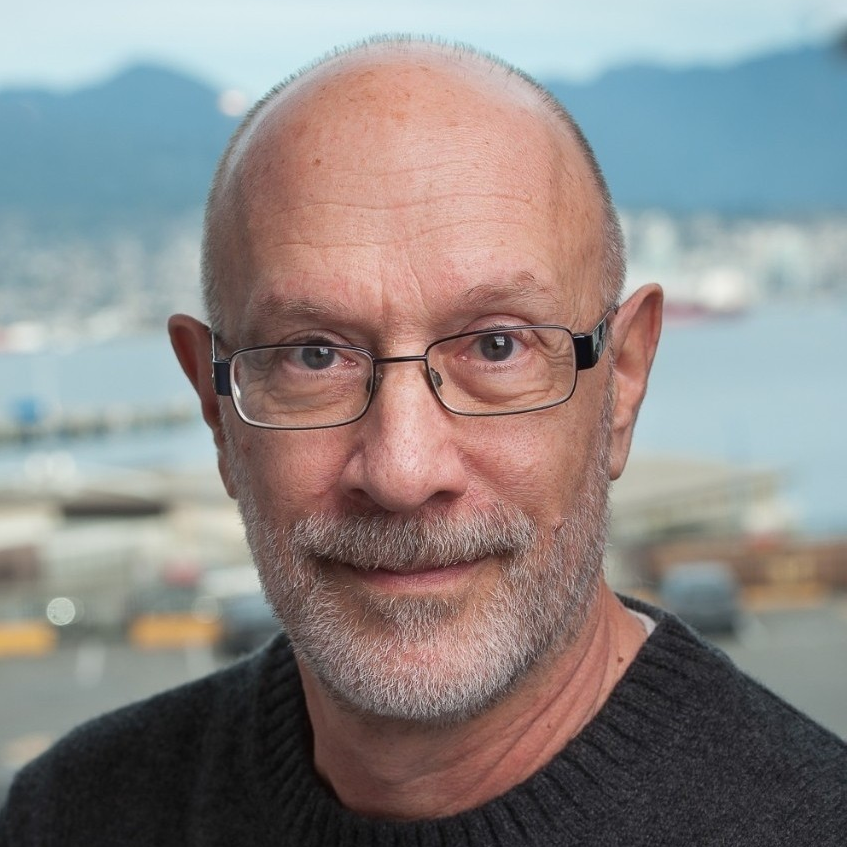
Mark L. Winston has had a distinguished career researching, teaching, writing and commenting on bees and agriculture, environmental issues, and science policy. More recently, he has used dialogue in classrooms, corporations, non-profit organizations, government and community settings to develop leadership and communication skills, conduct strategic planning, inspire organizational change and thoughtfully engage public audiences with controversial issues.
Fellows
-
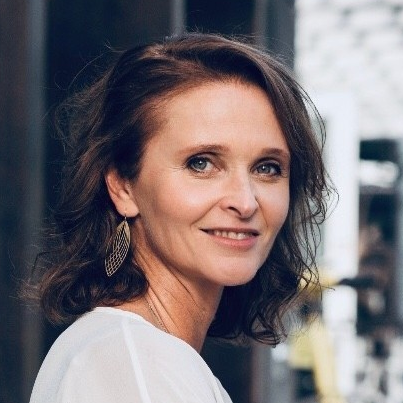
Dr. Alison Shaw is a scientist and practitioner with over 20 years’ experience in pioneering climate change and sustainability research-to-practice approaches. She was the first authorized research observer in the 2001 Intergovernmental Panel on Climate Change process and has since been designing ways to integrate climate and sustainability strategy into policy and practice at all scales.
-

Amina is currently the Director, Public Hearing and Planning, of The Centre's Renovate the Public Hearing Initiative. Amina Yasin is a Canadian Institute of Planning award winning urban planner and a community advocate who has worked across Canada for ten (10) years in community, land use and affordable housing development and planning.
-
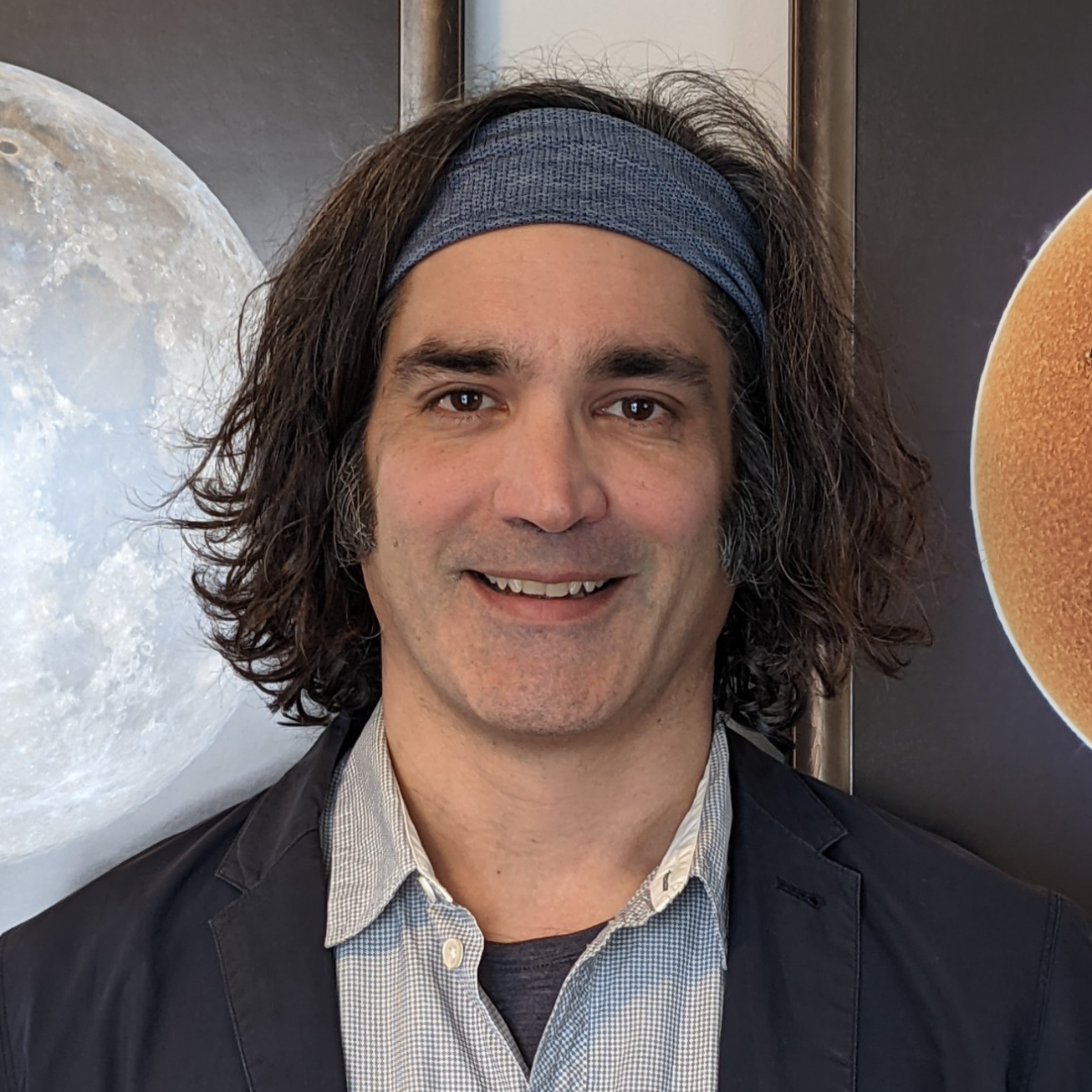
Anil Patel has spent nearly two decades designing multi-SaaS architecture and integration strategies, including digital staffing strategies. Anil is the creative director at his new venture, AndProsper.
-
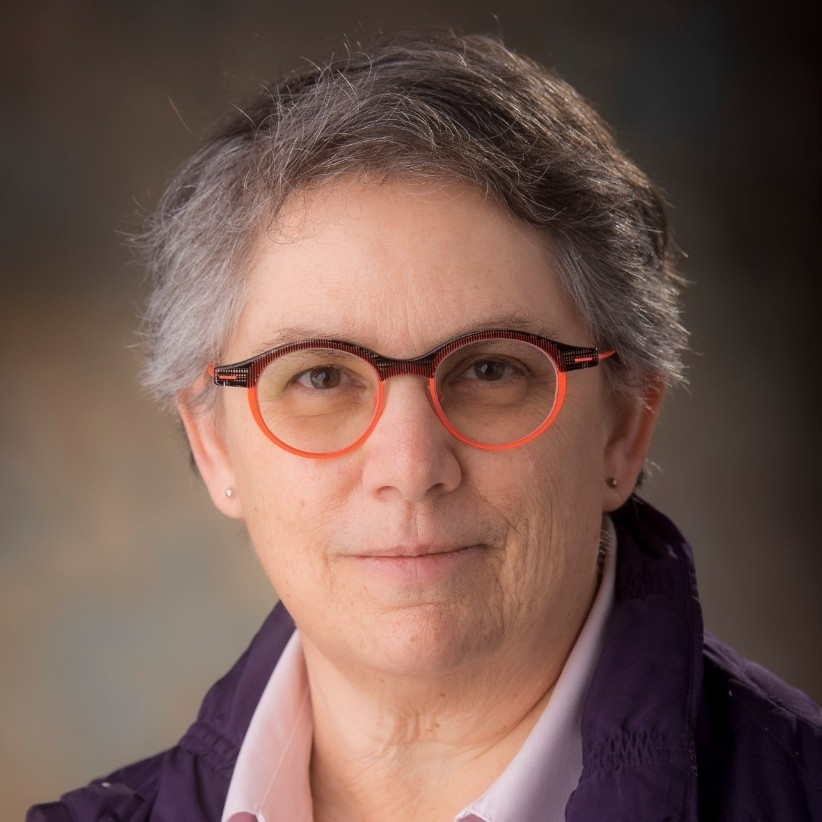
Diane is a Fellow in Systems Thinking in Health at the Morris J. Wosk Centre for Dialogue and a faculty member in SFU's Semester in Dialogue. She has had a diverse career spanning a broad range of academic disciplines and leadership experiences.
-
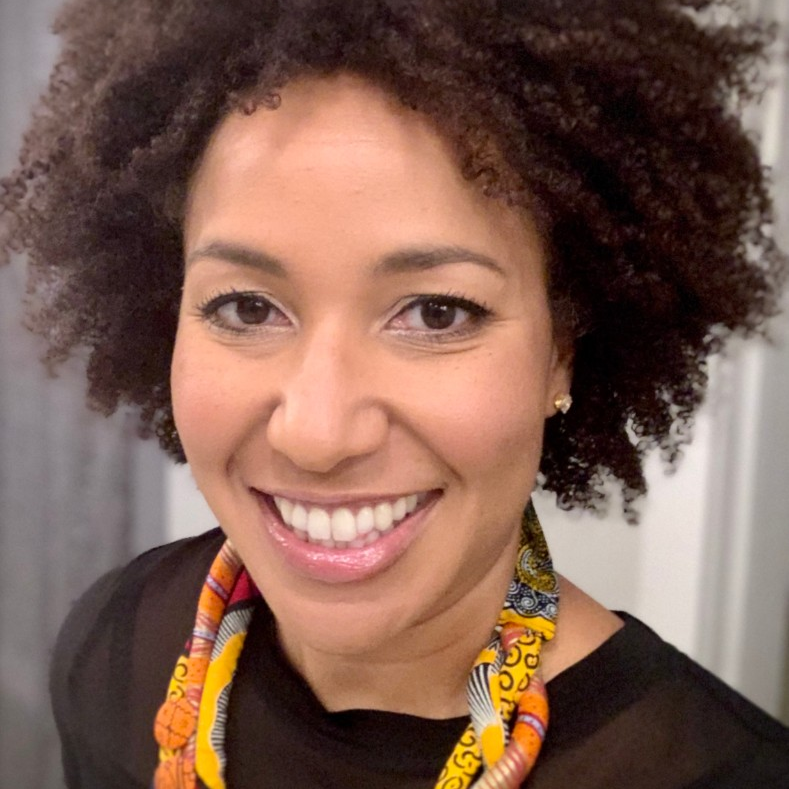
Djaka Blais (she/her) is a seasoned bilingual social sector leader with 18 years of experience in philanthropy, government, and community mobilizing. Djaka is a change agent to shift power dynamics and remove oppressive structures within philanthropic organizations and in relation to communities. As a recognized thought leader on equity in philanthropy, she focuses on continuous improvement, advocates for marginalized voices and grassroots initiatives at decision-making tables.
-
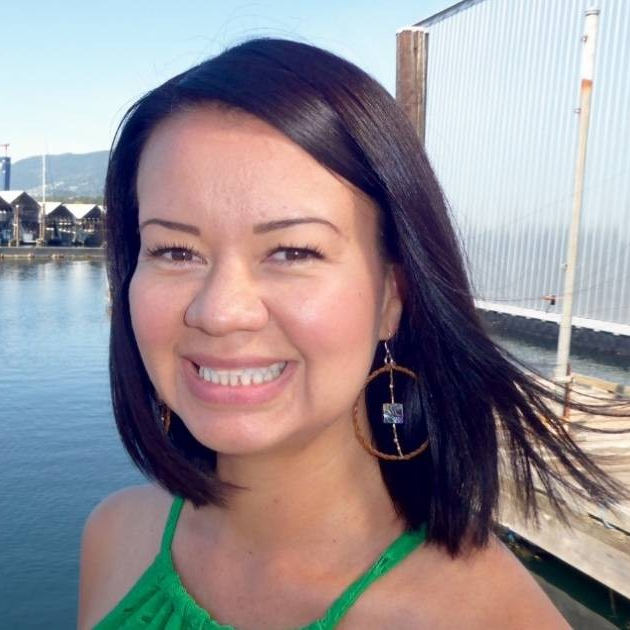
Ginger is a Fellow in Decolonization and Urban Indigenous Planning. Ginger is a thought leader and practitioner who brings a deep understanding of urban Indigenous issues, years of practice in bridging Indigenous and non-Indigenous communities in developing public policy and a passion for innovating new engagement processes that advance the United Nations Declaration on the Rights of Indigenous Peoples.
-
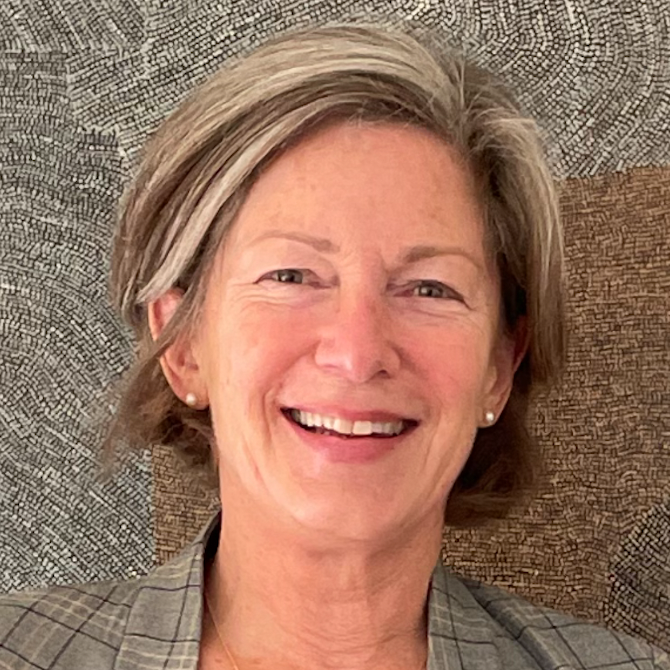
Dr. Jacqueline Koerner is a Fellow in the SFU Morris J. Wosk Centre for Dialogue where she is exploring philanthropy, specifically issues of power, trust, community and transparency. She is excited about teaching in the Semester in Dialogue, drawing on her academic and work experience with undergraduate students at UBC and in the not-for-profit sector.
-
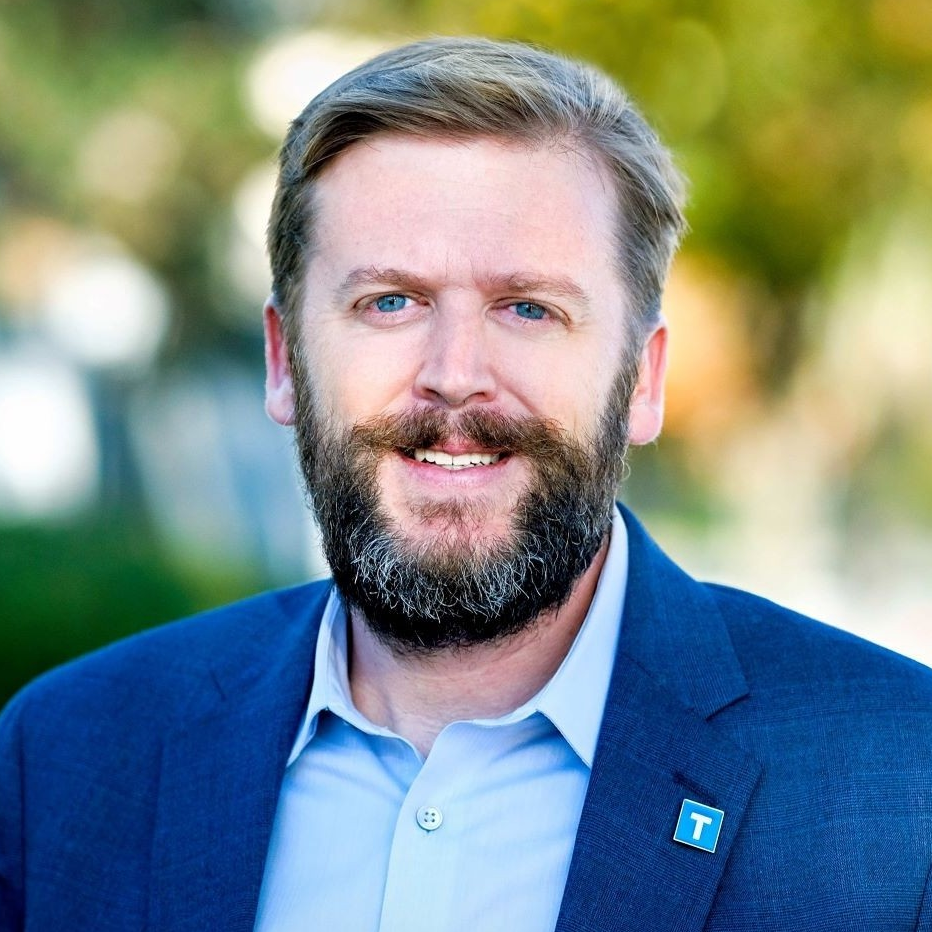
Jonathan Coté is a passionate urbanist who has dedicated his career to building better cities. Jonathan recently served two terms as the Mayor of New Westminster and has spent the past 17 years in local government. Jonathan’s work in local government has focused on some of the most challenging social issues facing our communities and he is looking forward to joining the SFU Fellowship program.
-
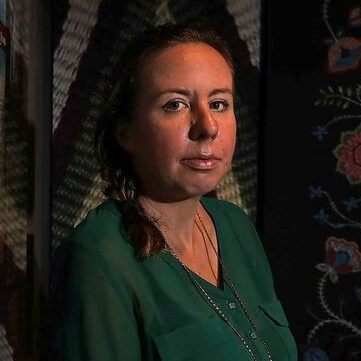
Dr. Karine Duhamel is the former Director of Research for the National Inquiry into Missing and Murdered Indigenous Women and Girls. She continues work on this issue today through a variety of ways.
-
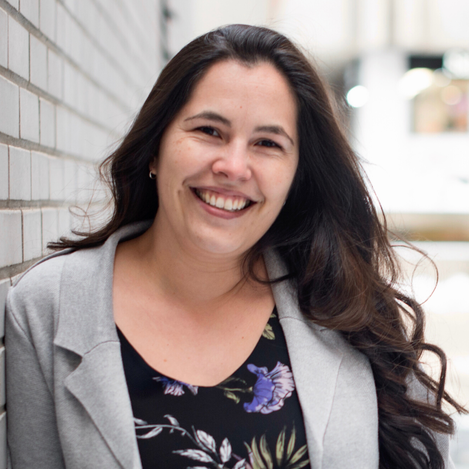
Kris Archie, Ts’qescenemc ell Seme7 is passionate about learning, community and liberation. Kris is the Chief Executive Officer of The Circle, a Fellow at the SFU Morris J. Wosk Centre for Dialogue and an instructor in SFU’s Continuing Studies Certificate in Community Engagement Program.
-
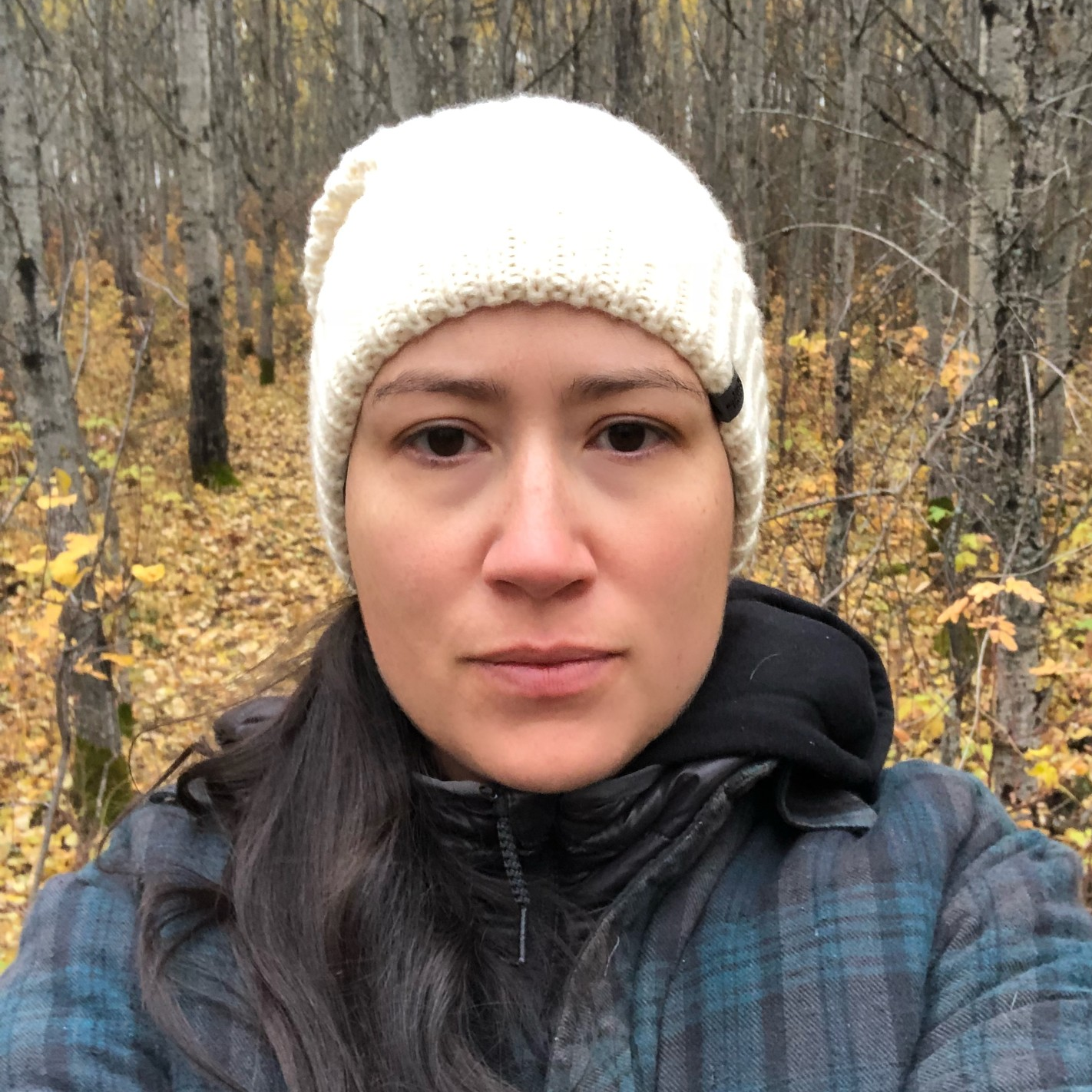
Lindsay is a Nehiyaw scholar, skilled facilitator and member of the Michel First Nation, who makes her home on unceded Musqueam territory.
-
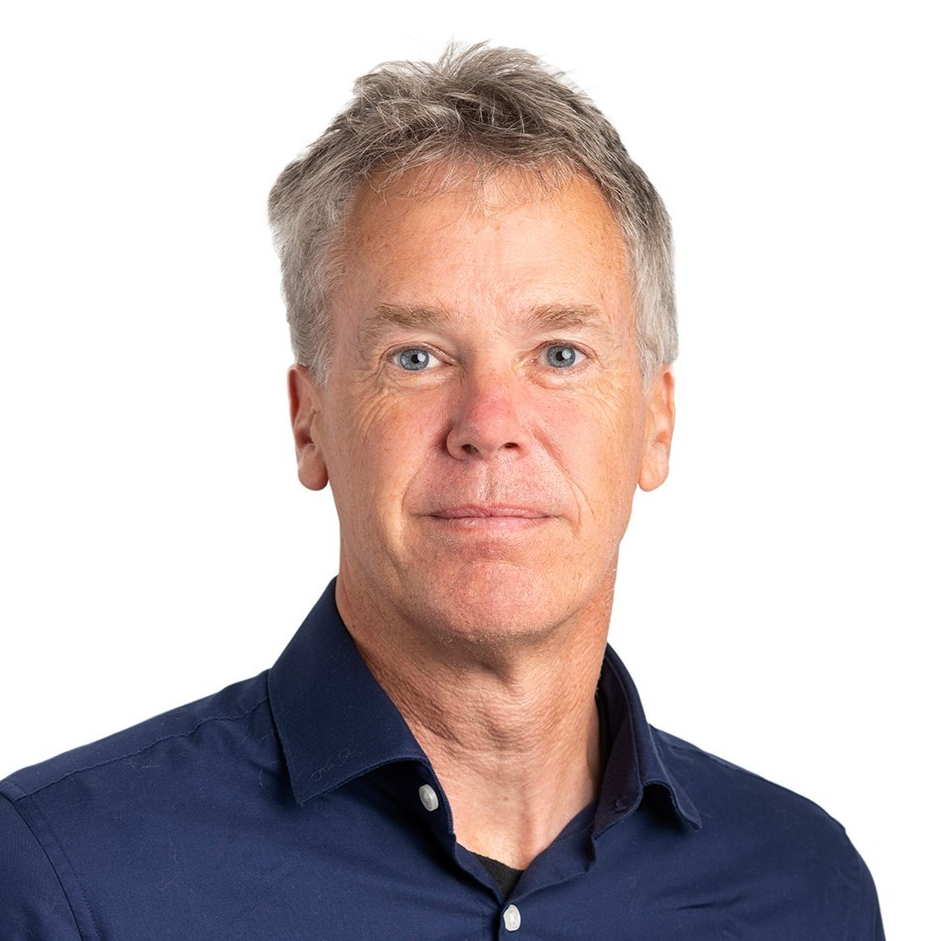
Mark is currently the executive director of Clean Energy Canada, a climate and clean energy program housed at the Simon Fraser University Morris J. Wosk Centre for Dialogue whose purpose is to find paths to net-zero that grow the Canadian economy while leaving no one behind.
-
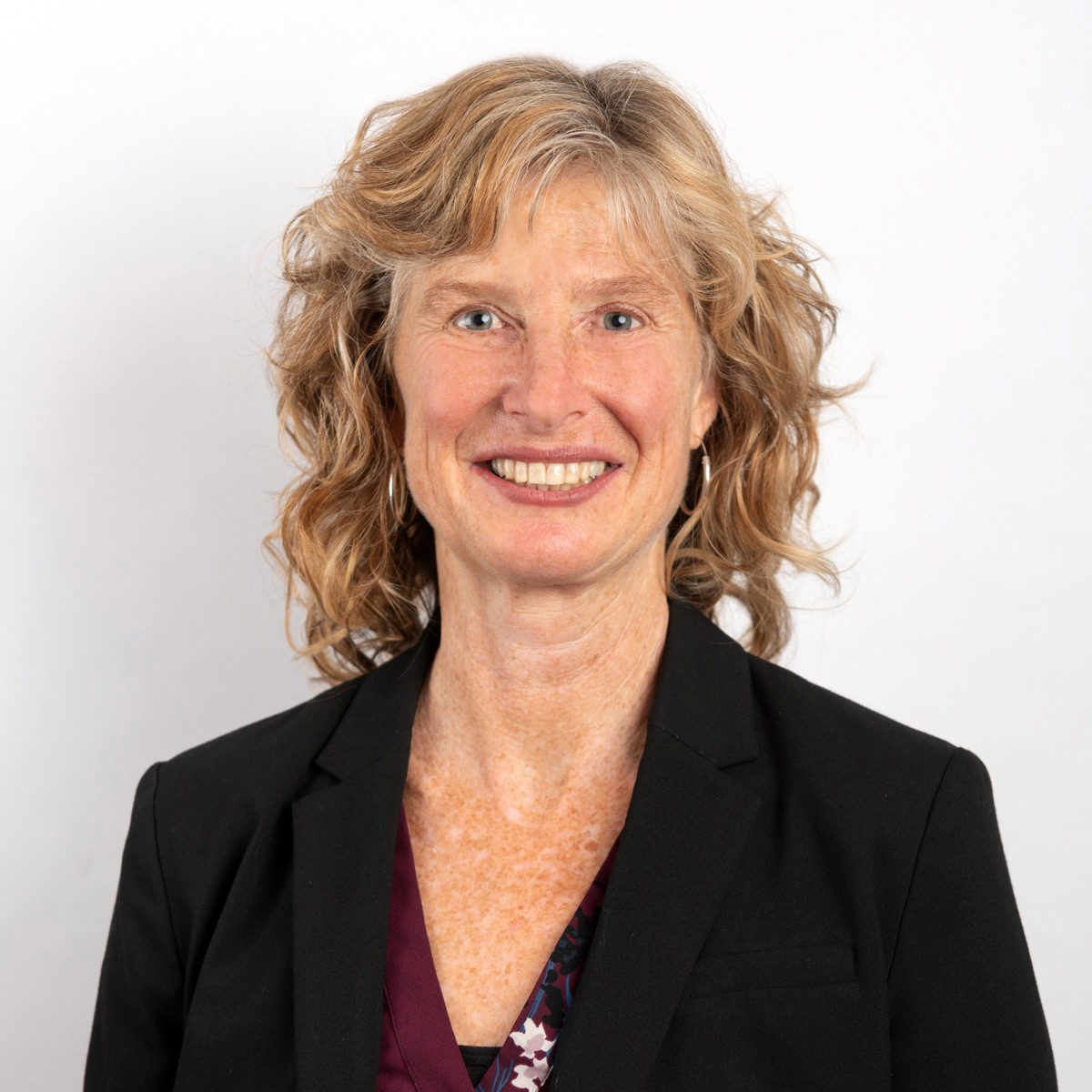
Merran Smith is a fellow at the Simon Fraser University Morris J. Wosk Centre for Dialogue, and the founder and executive director of Clean Energy Canada—a leading program advancing clean energy and climate solutions.
-
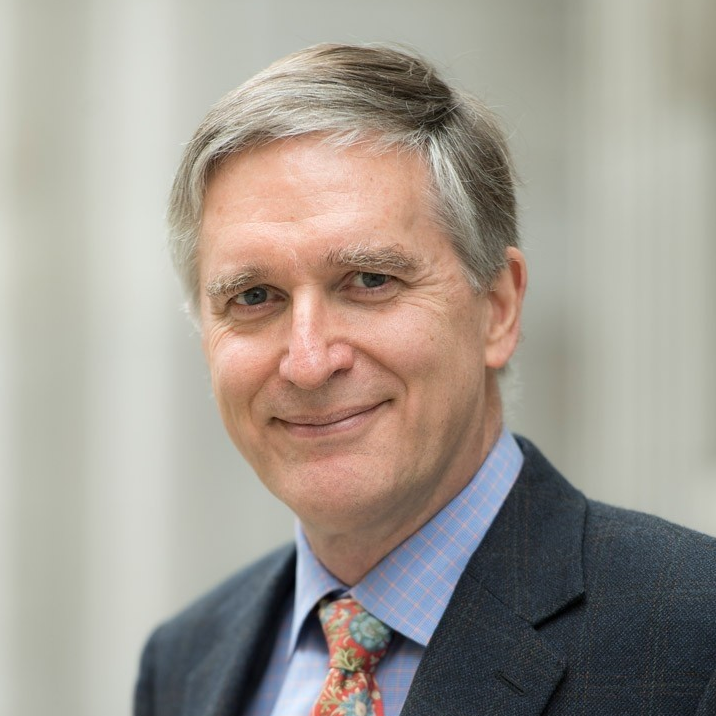
Michael Small joined the Centre for Dialogue as a Climate Solutions Fellow in January 2015, after a thirty-three year career as a diplomat as senior executive in the Canadian foreign service. Michael led the Centre's program called Renewable Cities as its first Executive Director from January 2015 – December 2017. His current work is on comparative energy transitions and issues of multi-level governance in addressing climate change. He teaches the Centre's innovative Semester in Dialogue on urban energy and climate futures.
-
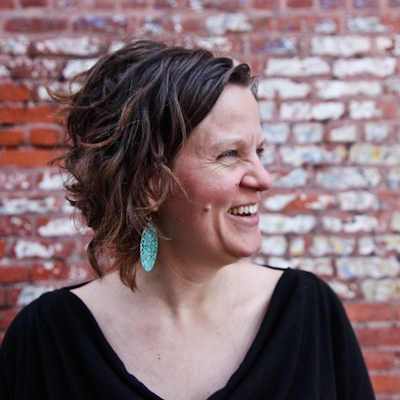
Michelle currently directs the Hey Neighbour Collective initiative at the Morris J Wosk Centre for Dialogue, a three-year multi-stakeholder collaborative project aimed at building community and resilience in multi-unit housing. She also does community engagement work on housing and land use projects.
-
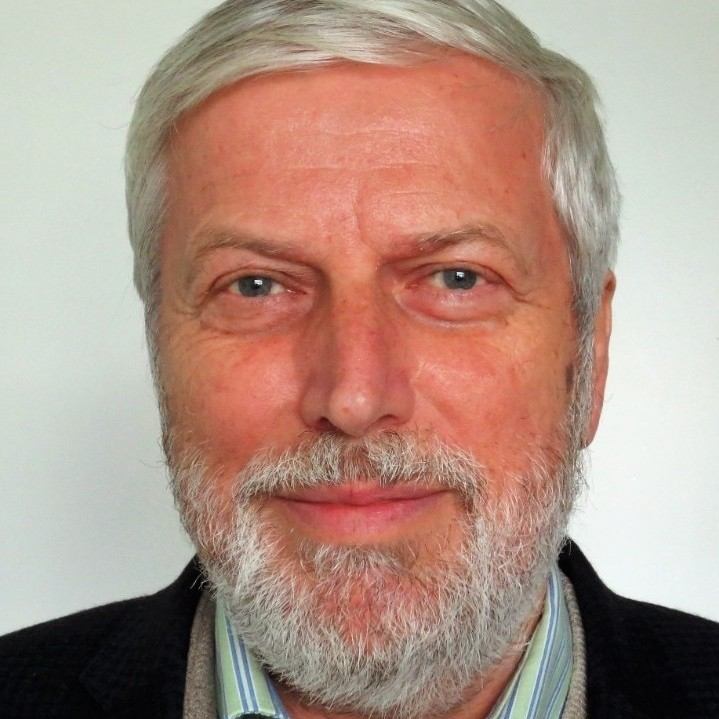
In February 2011 Paul Meyer was appointed Fellow in International Security at the Centre for Dialogue and concurrently Adjunct Professor, School for International Studies at Simon Fraser University, Vancouver. His research interests include nuclear non-proliferation and disarmament, outer space security, conflict prevention and cyber security.
-
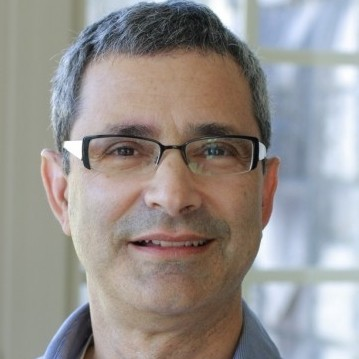
Dr. Daum (PhD, UC Berkeley) is a Fellow in Diversity & Innovation at Simon Fraser University’s Centre for Dialogue. He is an active research collaborator and practitioner in community and university-based initiatives focused on intercultural and interdisciplinary collaboration and community engagement.
-
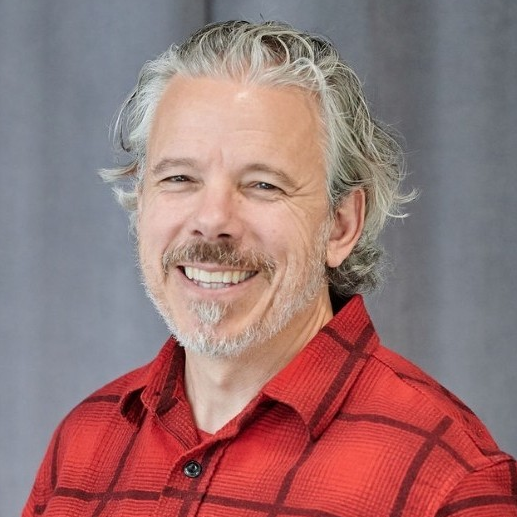
Robert Barnard is the Centre's first Toronto-based Fellow. Robert is a co-founder of Youthful Cities, aimed to amplify the power of urban youth globally, making cities better in the process. Robert operates from a profound belief that urban youth are the innovators of the future and that rather than being seen as a liability, youth are actively shaping cities for the better.
-
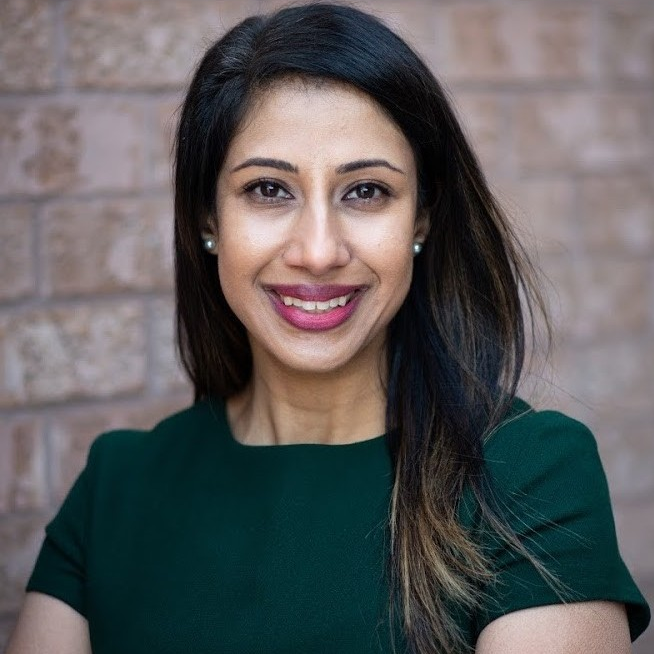
Sabreena Delhon is a civic engagement and access to justice advocate. She has directed provincial research studies that examine public perceptions of the justice system. Results have informed the work of Ontario’s Ministry of the Attorney General and are required reading in access to justice courses at law schools across Canada.

